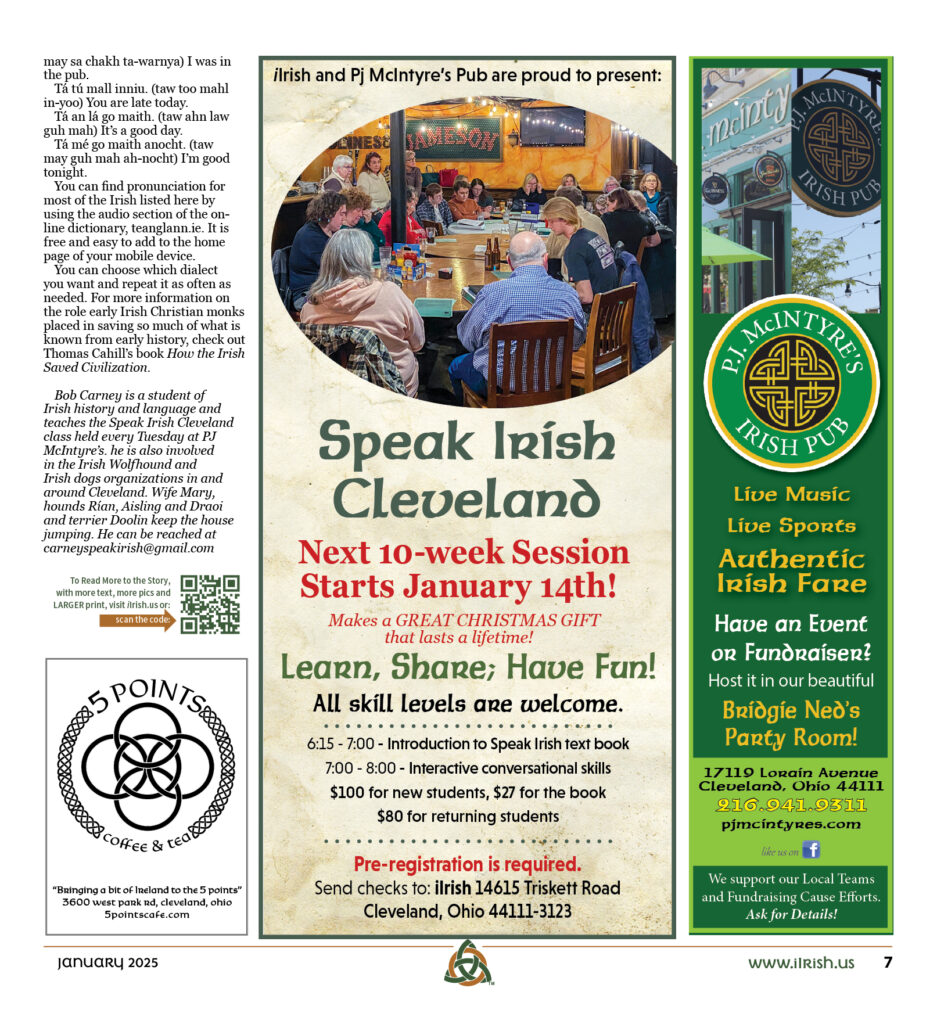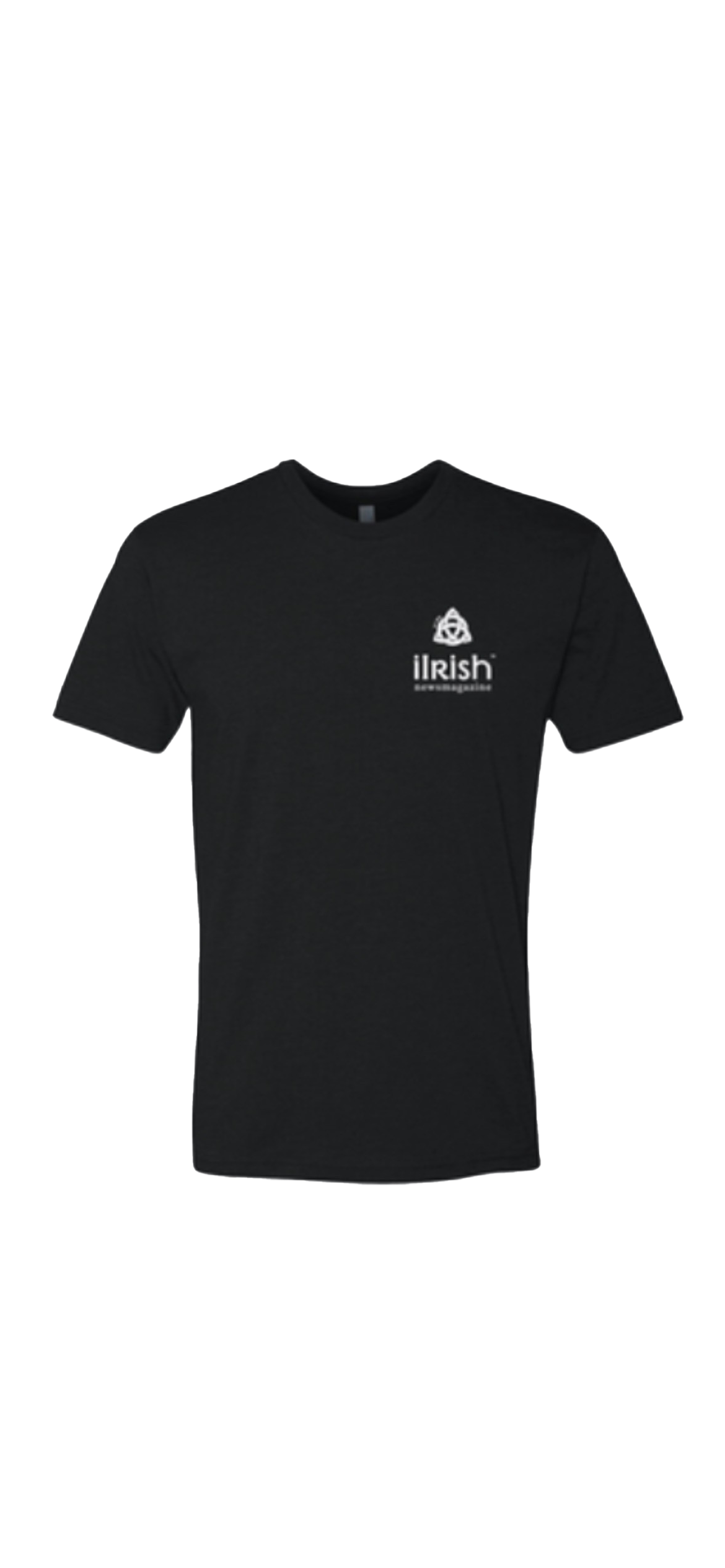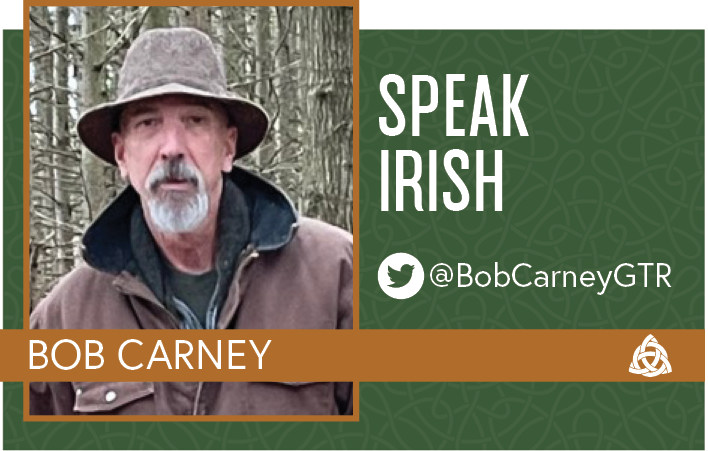
By Bob Carney
Old Irish first appeared in its written form in the margins in Latin manuscripts written in monasteries in Ireland. Early Christian monks were responsible for saving much of our classical literature, history and mythology.
The early poem Pangur Bán, describes the musings of a scribe’s work and his cats hunting prowess, as both being skilled in their craft. You can almost see the monk hunched at his desk painstakingly traslating a writing into Latin, occasionally embellishing his work with illustrations or a note in the margin in his native Irish.
As with any language, outside influences eventually become incorporated into the language. In Irish we have Viking influences early on, as well as Latin.
The Irish Calender
The Irish calendar is based on the Julian calendar. In English calendars, the months are based on the names from classical mythology.
The Irish calendar names the months with references to Celtic religion and mythology. Christianity has left its’ mark with the name for December, Nollaig, derived from the Latin, natalicia, meaning birthday, refering to the birth of Christ. Likewise the names for the days of the week come from Latin, Lunae, Martis, Saturni and Dies.
The remaining are named for the fasting done by early Gaelic Christians. Dé Céadaoin, céad meaning first and aoin meaning fast, combined it means the first fast of the week. Dé Déardaoin, the day between the fasts and Dé hAoine, the day of the fast.
Na Míonna (the months)
Eanáir (an-er) January in English January is named for the Roman god Janus. The word is Latin and means archway. Janus has two faces, one facing forward and the other facing back.
In Irish, the name is a direct borrowing from the Latin name. In Scots Gaelic, it is called Am Faoilleach, which means wolf month, in reference to the time of year when the wolves would start coming down from the highlands to scavenge.
Feabhra (fe-ow-ra) February – Februa was the Roman Latin name of a Roman festival of purification. The Irish is also a borrowing of the Latin.
Márta (mor-tuh) – March takes it’s name from the Roman god of war Mars. Márta is a direct translation from the Latin martius.
Aibreán (a-brun) – April from the Roman Latin word aperire, which means to open, possibly refering to buds and flowers beginning to open or bloom. The Irish is from the Latin aprilis.
Bealtaine (beyeo-tin-uh) – May is named for the Roman fertility goddess Maia. The Celts celebrated the feast of Bealtaine on the first of May in recognition of life and fertility. It marks the beginnig of summer and a time of prosperity.
Meitheamh (me-huv) – June is another month named for a Roman fertility goddess, Juno. It is a very important month in celtic traditions, as the Summer Solstice happens. At that time, the battle between the Holly King and the Oak King takes place.
The Holly King represents the dark half of the year and the Oak King the light half. During the battle, the Holly king is defeated and the Oak King rules until the battle is repeated at the Winter Solstice, and the Holly King is the victor. In Irish it also means middle month.
Lúil (lool) – July is named for Roman Julius Ceasar. In Irish it literally means Julius.
Lúnasa (loon-ah-sa) – August is another one named for a Roman emperor, Augustus Ceasar. In Irish it is named for the festival Lughnasadh, marking the start of the harvest season and is named after the god Lugh, who is said to have started the festival.
Meán Fómhair (man-for) – September was originally the seventh month in the Roman calendar and takes it’s name from the Roman Latin word septem, meaning seven. In Irish it translates to middle harvest.
Deireadh Fómhair (dare uh-for) – October was originally the eighth month in the Roman calendar and gets its name from the Roman Latin octo, meaning eighth. In Irish it refers to the end harvest.
Samhain (sow-in) – November. I think by this time that not a lot of effort was put into naming the months in the Roman calendar, as it was once the ninth month. It was named aptly after the Roman Latin novem, meaning, you guessed it, ninth. In Irish, Samhain was the time for a very important pagan festival that celebrated the end of harvest and the beginning of winter.
Nollaig (null-ig) – December, from the Latin word decem, meaning ten. The Irsh Nollaig comes from the Latin natalicia, meaning birthday.
There are alternatives to the names given above. The word mí may precede the name, be omitted, or used with the article an.
Days in Irish
Na Laethanta (nuh lay-un-tuh) The Days
Dé Luain (day loon) MondayDé Maírt (day mort) Tuesday
Dé Céadaoin (day kay-deen) Wedensday
De Déardaoin (day dare-deen) Thursday
Dé hAoine (day heen-uh) Friday
Dé Sathairn (day sa-hern) Saturday
Dé Domhnaigh (day down-ig) Sunday
Inné (in-yay) yesterday
Inniu (in-yoo) today
Amárach (amah-rakh) tomorrow
Anocht (anohkt) tonight
Oiche amárach (ee-ha amah-rakh) tomorrow night
Aréir (areyr) last night
Cá raibh tú aréir? (kah riv too areyr) Where were you last night?
Bhí mé sa teach tábhairne. (vee may sa chakh ta-warnya) I was in the pub.
Tá tú mall inniu. (taw too mahl in-yoo) You are late today.
Tá an lá go maith. (taw ahn law guh mah) It’s a good day.
Tá mé go maith anocht. (taw may guh mah ah-nocht) I’m good tonight.
You can find pronunciation for most of the Irish listed here by using the audio section of the on-line dictionary, teanglann.ie. It is free and easy to add to the home page of your mobile device.
You can choose which dialect you want and repeat it as often as needed. For more information on the role early Irish Christian monks placed in saving so much of what is known from early history, check out Thomas Cahill’s book How the Irish Saved Civilization.
To read more of Bob’s Speak Irish columns, click HERE

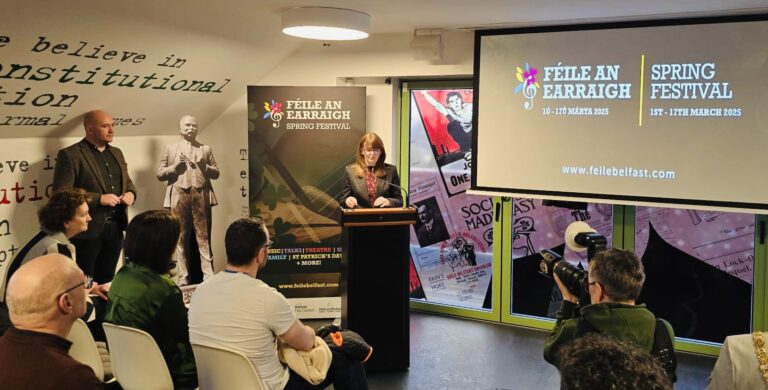
‘Fleadh Cheoil would mark important milestone in Belfast’s ongoing transformation’
‘Fleadh Cheoil would mark important milestone in Belfast’s ongoing transformation’
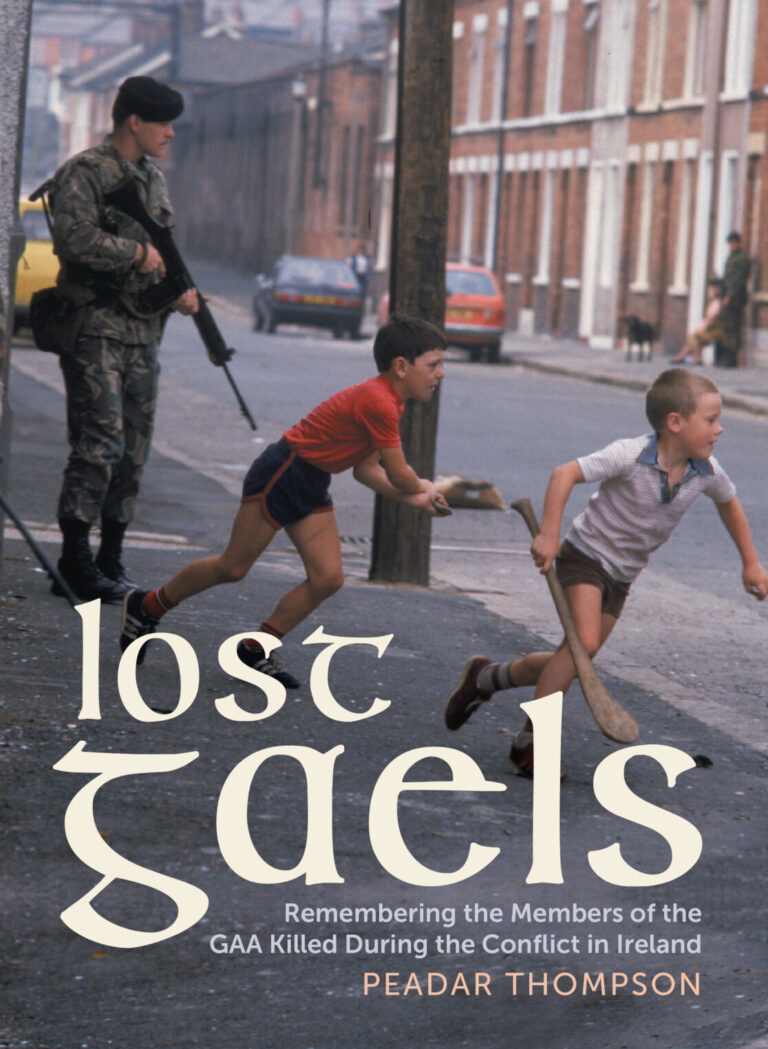
This Just In: LAOH & AOH host Lost Gaels book events
This is happening, be in the know
This Just In: Sinn Féin leaders announce they will not attend White House events this year
This is happening, be in the know
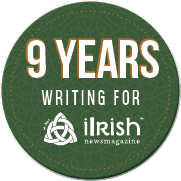
Bob Carney
*Bob Carney is a student of Irish language and history and teaches the Speak Irish Cleveland class held every Tuesday at PJ McIntyre’s. He is also active in the Irish Wolfhound and Irish Dogs organizations in and around Cleveland. Wife Mary, hounds Rían, Aisling Draoi, and terrier Doolin keep the house jumping. He can be reached at [email protected]

